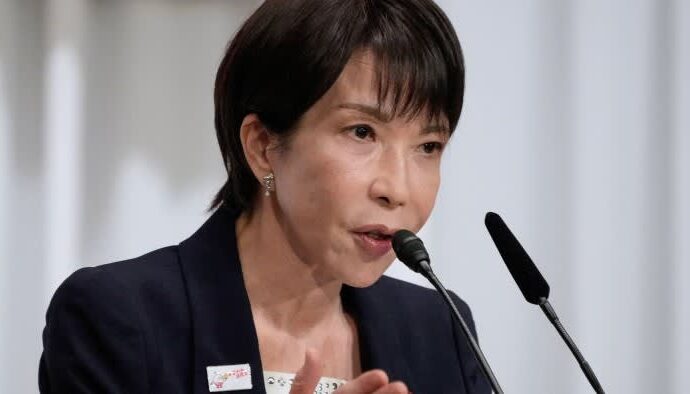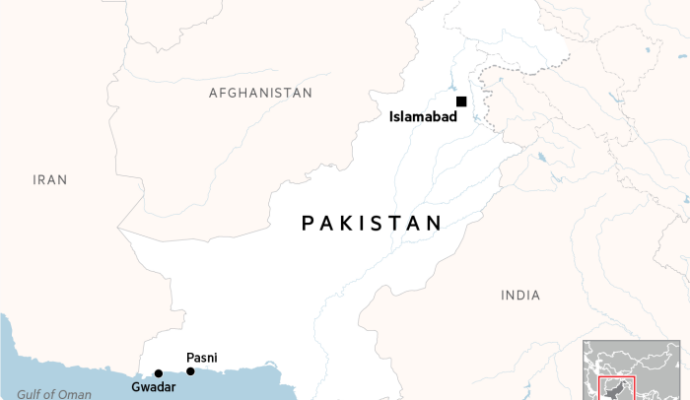Unlock the Editor’s Digest for free
Roula Khalaf, Editor of the FT, selects her favourite stories in this weekly newsletter.
Brussels had asked the Czech government to pause a $18bn purchase of two nuclear reactors, citing a “significant” risk that the South Korean company that was set to win the contract had received unfair state support.
The European Commission made the request this month just days before a Czech court halted the contract after a challenge from rival bidder, French nuclear company EDF. Korea Hydro & Nuclear Power, a subsidiary of state-run Kepco, was on the verge of beating EDF and Westinghouse of the US.
The commission asked Prague to pause the acquisition of two reactors for the Dukovany nuclear plant pending a decision under the bloc’s foreign subsidies regulation, which is designed to protect EU companies from heavily subsidised foreign competitors.
In a letter on May 2, the EU’s internal market commissioner, Stéphane Séjourné, said there were “significant indications” that KHNP had benefited from state aid that would distort the bloc’s internal market and give it an unfair advantage over European competitors.
The letter, seen by the Financial Times, said going ahead with the contract would jeopardise the commission’s ability to investigate the matter.
A Czech regional court put the contract on hold on May 6 after an appeal from EDF, which said the contract would set a precedent allowing the South Korean company to bid aggressively for other European contracts.
An EU official insisted that Séjourné, who is French, was intervening purely in order to enforce EU legislation and was not seeking to defend his nation’s interests. The letter followed an “intensification” of discussions between EDF and the commission in recent weeks about the Czech contract, said a person familiar with the situation.
Czech industry minister Lukáš Vlček defended the deal with KHNP and said the commission had not initiated any “procedure” or talks over it.
“As for the tender, I can only reiterate that KHNP submitted the best price, including guarantees and assurances of timely construction,” he said.
EDF had also argued that KHNP should not be awarded the contract on security grounds because its design relies on technology from American company Westinghouse and is therefore governed by US nuclear rules. That would mean “a de facto US control”, according to a person close to EDF.
“This creates potential US veto power in future crisis scenarios, undermining European strategic autonomy,” they said.
The foreign subsidies law, introduced in 2023, was primarily aimed at preventing Chinese companies from flooding the EU market. The commission argued at the time that subsidies granted by foreign governments were not subject to the same level of scrutiny as those by EU member states, which were governed by the bloc’s state aid rules.
ČEZ, the Czech state-controlled energy company responsible for developing the country’s nuclear power, said it was ready to seek damages from EDF, accusing the French group of seeking to ensure that “no nuclear power plant is built here in the Czech Republic at all”.
EDF said it had “never acted with the intention of disrupting the Czech nuclear programme” and had sought meetings with ČEZ and the government “multiple times”.
Roman Gazdik, a spokesperson for ČEZ, said the tender was carried out in a transparent and fair manner and called on EDF to immediately publish the details of its own offer.
KHNP said it had participated in the bidding process “faithfully and responsibly” and would do its best “to ensure that the project proceeds successfully”. It denied receiving government subsidies that could distort the bidding process.

